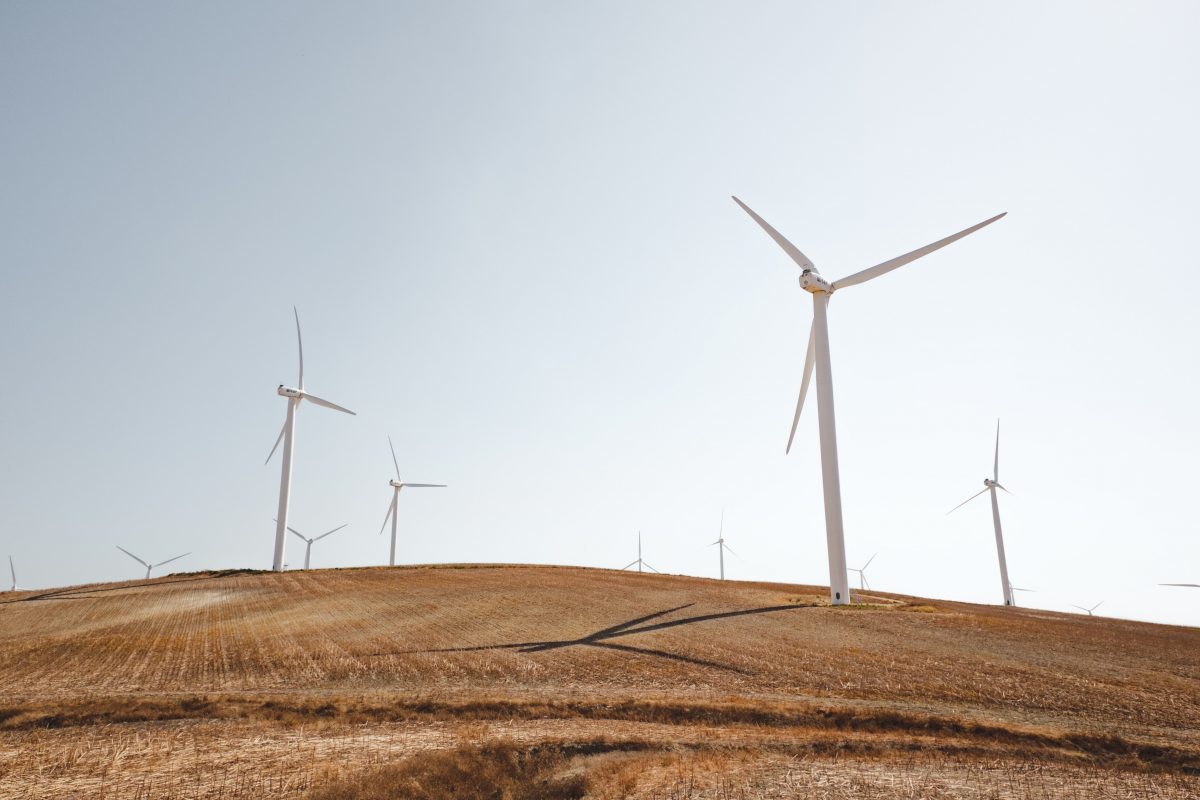
Webinars to come in June
Time flies and no two webinars are the same . Find out our selection of online conferences not to be missed in June.

[English] 2 of June, 2:00 PM – 3:00 PM CEST
First webinar the serie: Builing sustainable African cities during and after a pandemic
Title: Lessons from past and present crises
Organizer: ICLEI Africa
Daily life for local government officials has changed severely. Some are being redeployed to support response operations. Those able to continue with pre-COVID-19 deliverables are doing so with limited access to their offices or from home. This restricts face-to-face meetings and engagements. Those supporting cities and their residents, like national government, the private sector, development agencies and civil society are facing the same restrictions.
Building resilience in African cities is more critical than ever as we move forward during and after the COVID-19 pandemic. These challenging and uncertain times are forcing us to discover and implement new and innovative ways of working, as good practices emerge and signify a new normal.

[FRENCH] Thursday 4 June ,12pm
« The consideration of biodiversity in the management of nature areas in cities. »
Organized by : E-Community Nature and Environment of the CNFPT and its partners.
Animation: Elisabeth Offret (CNFPT), Olivier MASSAT (Métropole de Tours) with the participation of Aurore MICAND, Plante & Cité (sub-reserve) and Elsa CAUDRON, Nature en Ville programme manager, U2B, LPO France | BirdLife International.

[ENGLISH] Friday 5 of June, 5 to 6 pm
Nature-Based Recovery: A path to a global green recovery
Organized by: Climate Action
The loss of our marine and terrestrial ecosystems has compromised the well-being of 3,2 billion people and costs about 10 % of world’s annual gross product in lost species and ecosystem services. Post-pandemic restauration of degraded lands over the next decade could generate $9 trillion in ecosystem services hile removing up to 26 gigatonnes of greenhouse gases from the atmosphere.
On World Environment Day, Climate Action and the Capital Cities Coalition are teaming up to explore how our natural world, biodiversity and conservation could hold the answers to a global green recovery.

[English]] Friday, 5 of June
9th Durban Forum on Capacity-building
Organized by: PCCB
The Durban Forum on capacity-building was established in 2011 under the SBI to further enhance the monitoring and review of the effectiveness of capacity-building under the Convention. It is an in-session discussion platform for Parties, representatives of the constituted bodies under the Convention, and relevant experts and practitioners to, on an annual basis and in the context of specific thematic areas, share experience and exchange ideas, best practices and lessons learned in relation to implementing capacity-building activities.
This year’s the Forum will tackle the issue of Capacity-building to support the Enhanced Transparency Framework – ensuring coherence and coordination of actions and support.
The outcomes of the 9th Durban Forum are expected to directly contribute to the work of the PCCB following the recommendation of the COP to put the Durban Forum into line with the annual focus area of the Paris Capacity Building Committee.

[English] Tuesday, 9 of June
Advancing NAPs and climate-resilient recovery under COVID-19
Organized by: United Nations
The national adaptation plans (NAPs) offer an opportunity for countries to address multiple development objectives including on food security, health, water and other key areas. Furthermore, their connection with the most vulnerable parts of the society and systems enables interventions that target vulnerable groups, communities and ecosystems, and tackle important areas such as gender.
At this event the NAP Champions will offer views on how to accerelate adaptation planning and resilience-building during COVID-19 recovery. The LDC Expert Group (LEG) will describe ongoing efforts under the Open NAP initiative to ensure progress on NAPs in 2020. Agencies and organizations supporting formulation of NAPs will offer specific initiatives to enhance NAPs, and how to contribute towards recovery efforts. Voices of representative LDCs will share their efforts to progress on NAPs during this difficult time.

[French] Tuesday, 9 of June
How does the Green Pact fit in with territorial development?
Organiser: 4D Association
The lines of questioning will include the following:
What are the current issues for the territories?
What are the limits of the Green Pact as it is currently presented?
How is the Green Pact perceived at the territorial level?
A time during the meeting will be reserved for exchanges and questions from the participants.
Speakers:
– Mrs. Nathalie Lhayani, Director of Sustainable Policy – Caisse des Dépôts
– Ms Eloïse Bodin, Policy analyst – Institute for European Environmental Policy

[FRENCH] Thursday 11 June, 9.30am-4.30pm
Organized by: Association Amorce
Most metropolitan departments affected by drought decrees, watering and irrigation restrictions for several months, water utilities on the verge of supply disruption, sharply falling agricultural yields, shutdown of nuclear power plants… The summer of 2019 will have highlighted the dramatic consequences of climate change on our resources and our water management model and the growing conflicts of use we will have to face, between agriculture, electricity production, tourism/leisure and drinking water supply.
AMORCE invites you to discuss with all the local actors involved in order to find efficient and relevant solutions to adapt to the tensions on water resources in your territory.

[FRENCH] Thursday 25 of June at 12am
Biodiversity, local governance and citizen involvement
Organized by : E-Community Nature and Environment of the CNFPT and its partners.
Animation: Elisabeth OFFRET (CNFPT), Frédéric SÉGUR (Métropole de Lyon) with the participation of Grégoire LOÏS, Vigie-nature, MNHN (participative sciences) and Mina CHARNAUX, Eurométropole de Strasbourg (participative vegetalisation » Strasbourg ça pousse « ).

[FRENCH] Tuesday 30 of June
Energy renovation of buildings in France and Germany
Organized by: ADEME (Agency for Ecological Transition)
On average, the building sector accounts for almost 40% of final energy consumption and 36% of greenhouse gas emissions in the European Union. The energy retrofitting of the existing building stock is a key lever for achieving the climate and energy objectives set by the EU.
By 2050, France is aiming for a climate-neutral building stock and Germany for a near-neutral one. Both countries have strengthened their regulatory frameworks, deployed support programmes and regional strategies to stimulate the renovation of residential and tertiary buildings.
However, the target set by the European framework of an annual renovation of 2% of the existing building stock has not yet been reached in either France or Germany. How can energy-efficient renovation be accelerated and financing mobilised in both countries?


